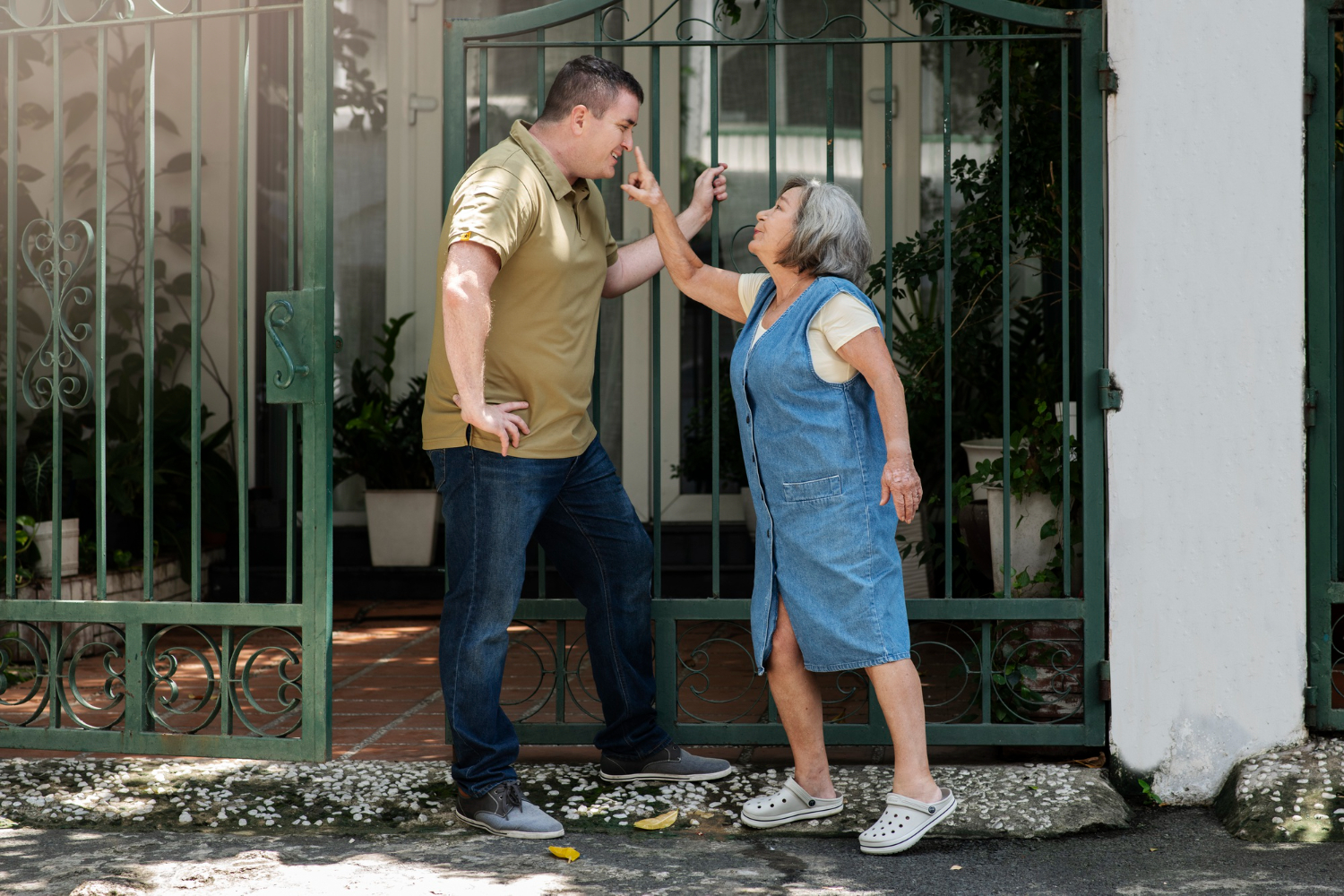When was the last time you opened up Zillow? Or Redfin? When was the last time you actively searched for a new home? During this search, you may have noticed that many homes have a homeowners association. Homeowners associations have been growing popular within communities. While people have an idea of what an HOA does, if they’re not familiar with an HOA, it can be a little confusing. They may not know what to start or what to ask.
Homeowners associations are not always favored, but like anything, there are pros and cons. HOAs protect the value of the home and the community. It’s an entity that enforces the rules of living in that community.
HOAs are common in planned developments and are known as memberships. When you close on a home in an HOA, you become a “member,” which binds you to the association’s rules. If you fail to follow those rules, you open yourself up to consequences. For example, an HOA can place a lien on your home, impose fines, and even sue homeowners for not complying with the HOAs rules.
If you’re searching for a home, you’ll most likely see neighborhoods with an HOA. Here are seven things you should know about an HOA before closing the house.
1) Learn About Your HOA and Its Reputation
This is often overlooked in the home buying process, but make sure you look at your HOAs reputation. Because an HOA serves as a hyper-local government for a neighborhood community – we recommend looking at who runs the community and how they run it.
There’s so much valuable information in HOA reviews and people’s past experiences with the HOA to help homebuyers decide whether this community is a fit.
Remember, not all HOA communities are the same. The rules vary between communities and even between states, so look at the reviews and do your research.
2) Read the HOAs By-Laws
HOAs are managed by state laws and their own governing documents and by-laws, also known as the Covenants, Conditions, and Restrictions (CC&R). CC&Rs are created for the community, and it’s how HOAs enforce their rules. So, before purchasing a home in an HOA community, ask your realtor or the HOA to see the CC&R.
CC&Rs are filled with different restrictions and rules regarding the exterior of your home, visitor parking, yard decorations, and more.
Ensure that the documents are up to date before you move forward with the buying process. Rules and regulations can change between HOAs, so when you review the rules, think about whether or not this is something you want.
3) Consider the Additional Fees
If you buy a house that has an HOA remember there are fees beyond your mortgage associated with the house. HOAs typically require association fees. HOAs have fees because they need funds to operate and gather those funds through community members. HOA fees can be quite high depending on where you live, and they even vary within the development.
Before buying — we highly recommend learning as much as possible about your HOA fees. Unfortunately, if the fees significantly raise your home’s cost, you risk having your mortgage disqualified.
Many new homeowners forget that the HOA dues aren’t included in the house’s final price and are added to the total cost of your property after the sale closes.
Here are a couple of questions to ask:
- How frequently do you pay? Is it a monthly, quarterly, or semi-annual fee?
- How much have your HOA fees increased in the last ten years, and by how much?
Pro Tip: Try to get a printed history of HOA dues by year for the past ten years.
4) Understand the Consequences
While, of course, you never want to violate any of the rules of an HOA, it’s essential to know what happens if you do. The consequences can vary based on severity. It could start off small, like a reminder of the rules, or as severe as a lien on your house.
An HOA operates as a hyper-government that enforces the rules of living in that community. If you fail to respect the HOA rules, you’re likely to be fined until you resolve the issue.
5) Legal Powers of an HOA
Disagreements will inevitably arise within a planned community, whether it’s between residents or members of the HOA. Earlier, we mentioned how important it is to understand the rules and consequences the HOA has set and enforced in the community.
Before you buy, ask how:
- The HOA is structured. Is it a business or a nonprofit?
- They’ve managed conflicts in the past.
- They’ve managed additions and amendments to their by-laws.
HOAs have the legal right to issue punishments when community members do not follow their rules. Some HOAs are strict; the consequences could include fines, members getting sued, or even a lien on your home. Also, we recommend looking into whether or not your HOA can foreclose your property for unpaid membership fees.
6) Responsibilities of an Active Member
Before you buy a home in an HOA-managed community, it’s important to understand what you’re signing up for. As an active member of your local HOA, you’ll be expected to uphold the standards set by the organization – including requirements for things like curb appeal, lawn maintenance, and other community guidelines. Additionally, being an active member means being part of a community that looks out for one another. And, if you’re so inclined, you can even volunteer to help out with your HOA’s board of directors or run for the board yourself someday. So if you’re considering an HOA-managed community, be sure to do your research and understand what being an active member entails.
7) Know Your States Regulations
If you’re thinking about living in a community that’s governed by a homeowners association (HOA), there are some important things you need to know before making the commitment. HOAs can be a great way to keep your neighborhood looking its best and ensure that everyone is following the same rules. However, they can also be controversial, and it’s important to understand both the positives and negatives of living in an HOA before making a decision. HOAs are governed by state laws and each state has its own laws governing HOAs, so it’s important to familiarize yourself with the rules in your state before buying into an HOA.
More Than Just A House
When you buy into a home that has an HOA, you are buying more than just a house. You are also taking on a role in that community. If you want to live in a physically safe, clean, and close-knit community, an HOA might be precisely what you’re looking for. However, make sure you do your research and familiarize yourself with the restrictions laid out in the CC&Rs before you move in. Don’t disregard the rules – they’re there for a reason!
If you’re a new HOA or an established HOA ensure that you have all the information readily available for someone who wants to move into your community. A potential member and an HOA may not always be a good match and that’s okay. If you’re interested in streamlining and improving how you share information with potential new members and don’t know where to start, consider working with an HOA management company like AMC Inc. (Association Management Concepts). Contact us today






